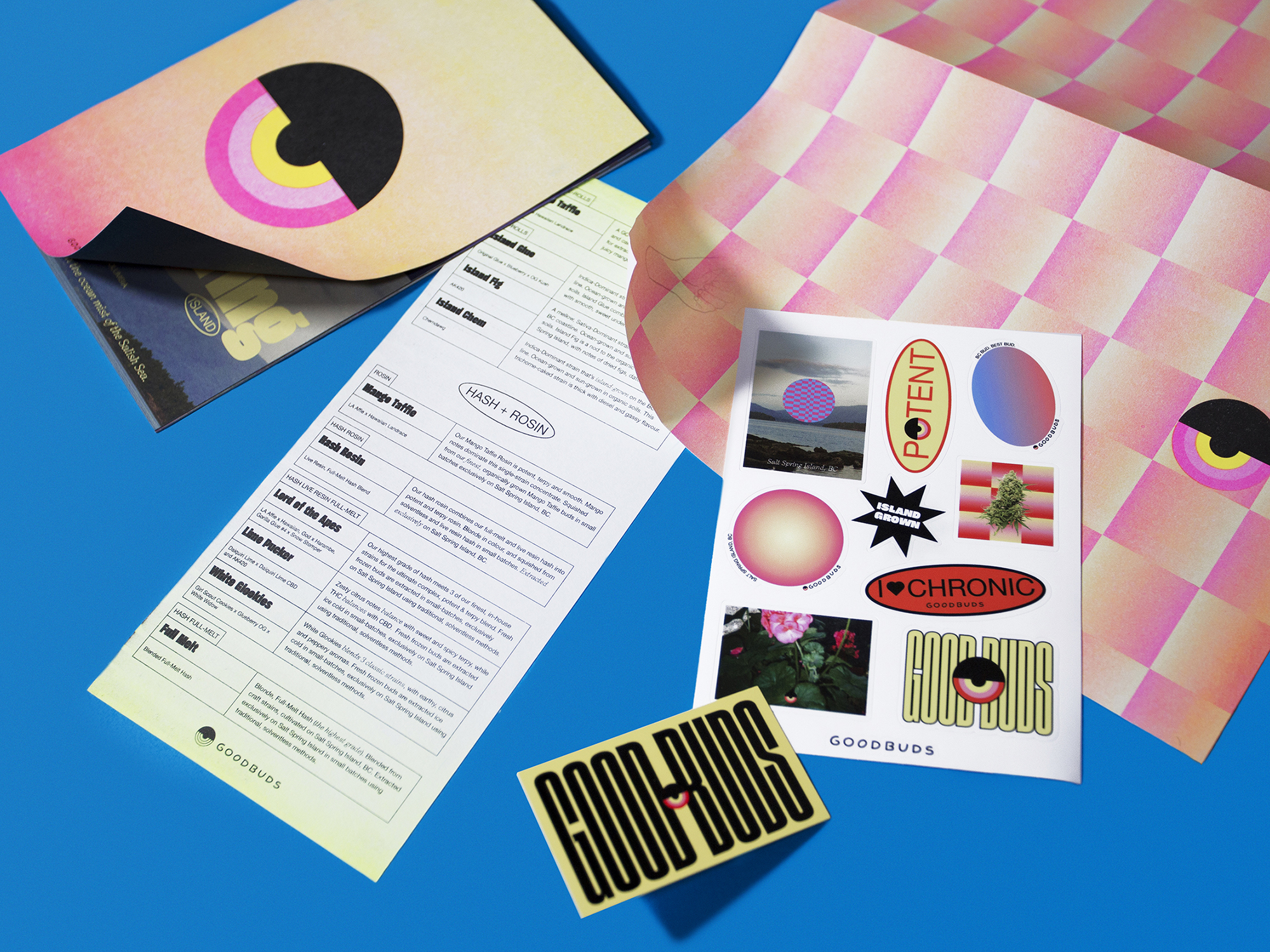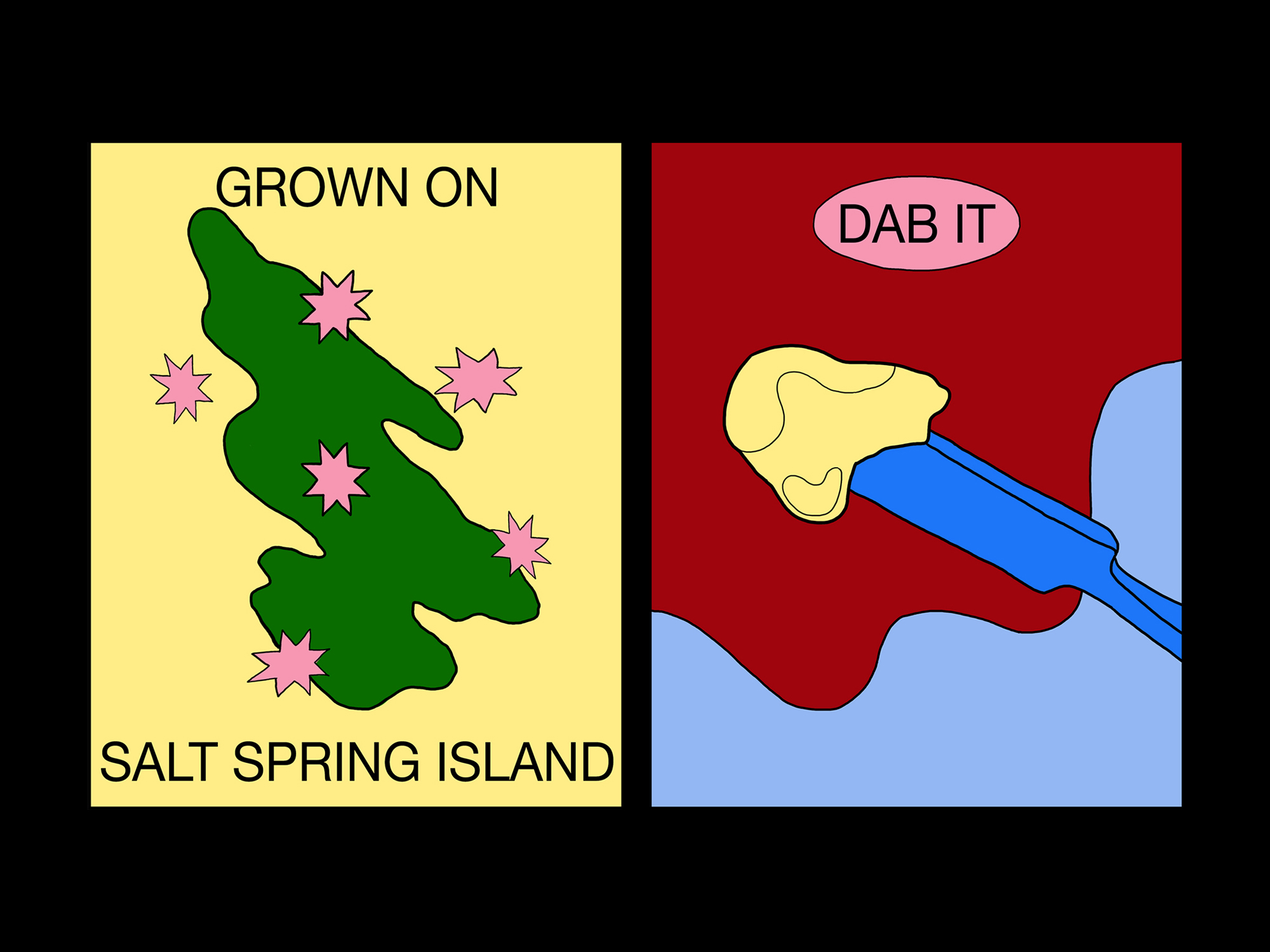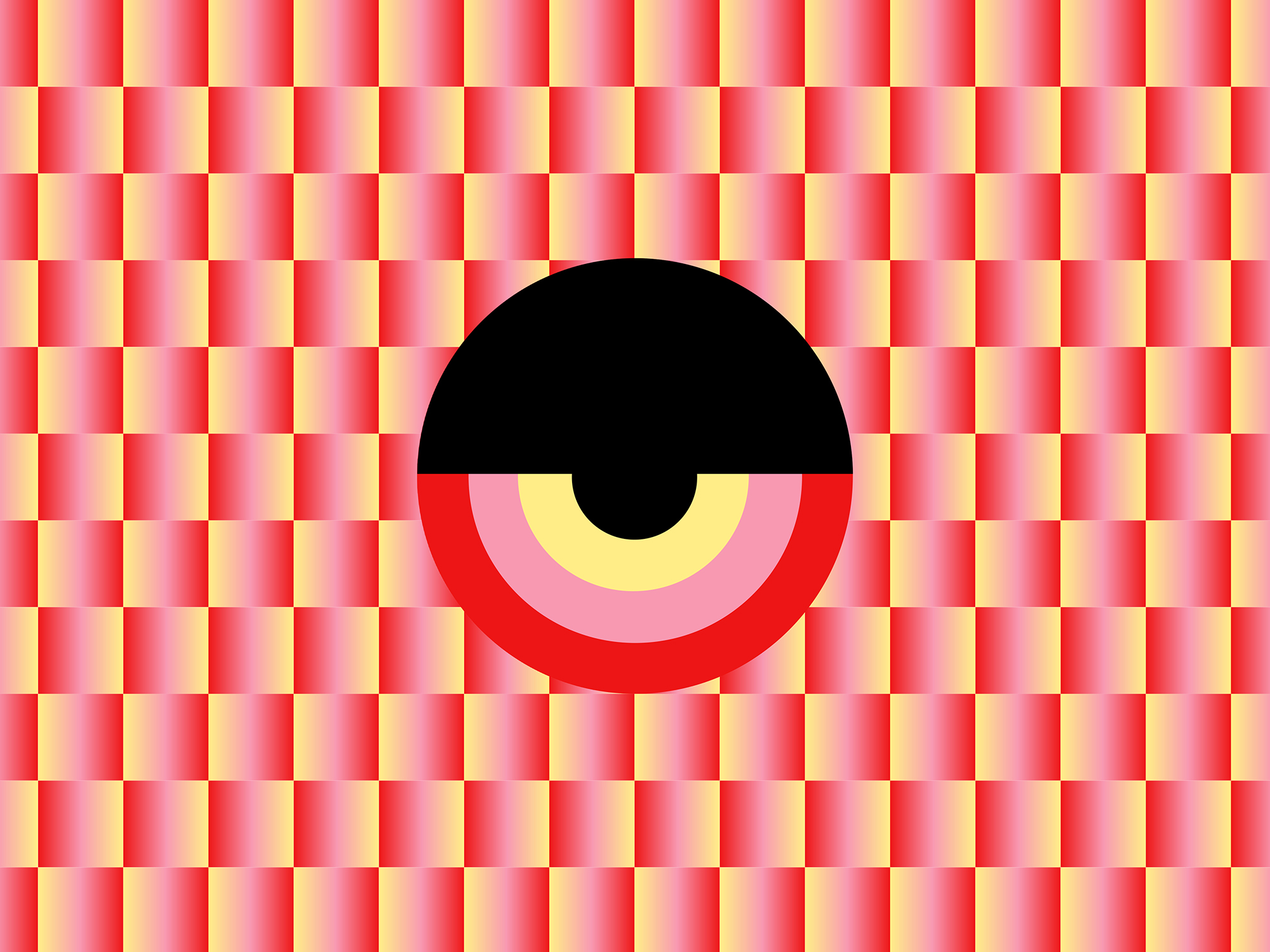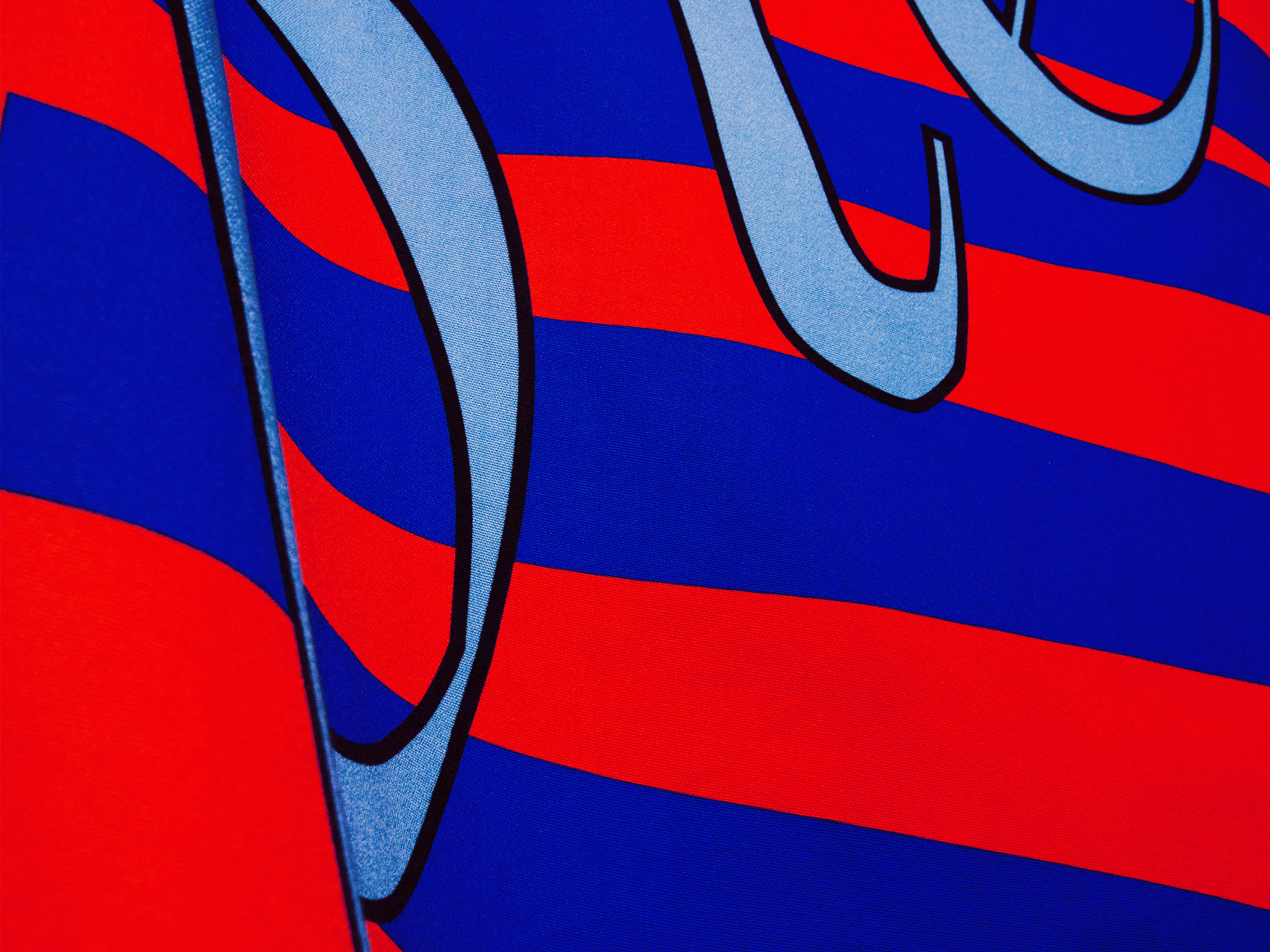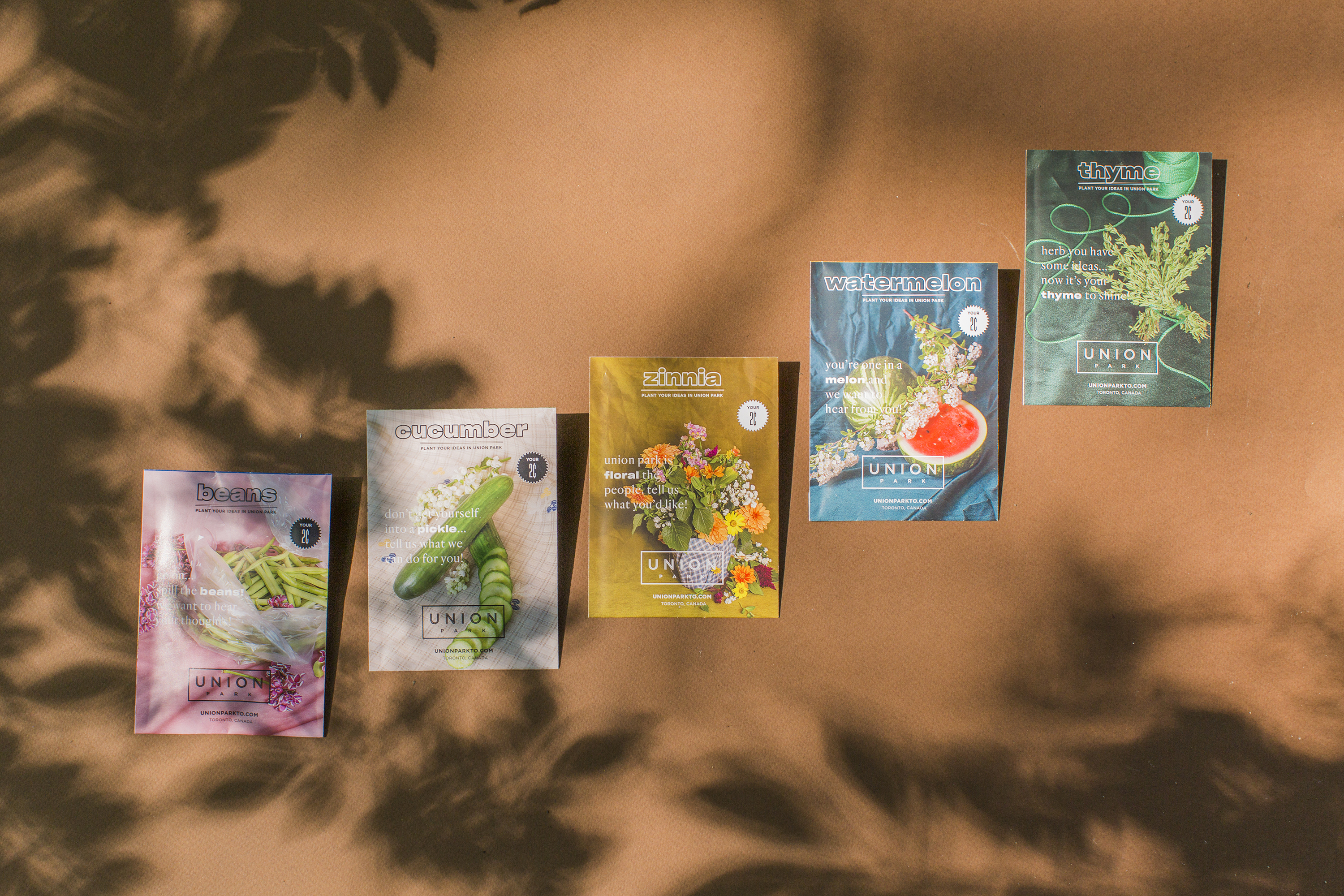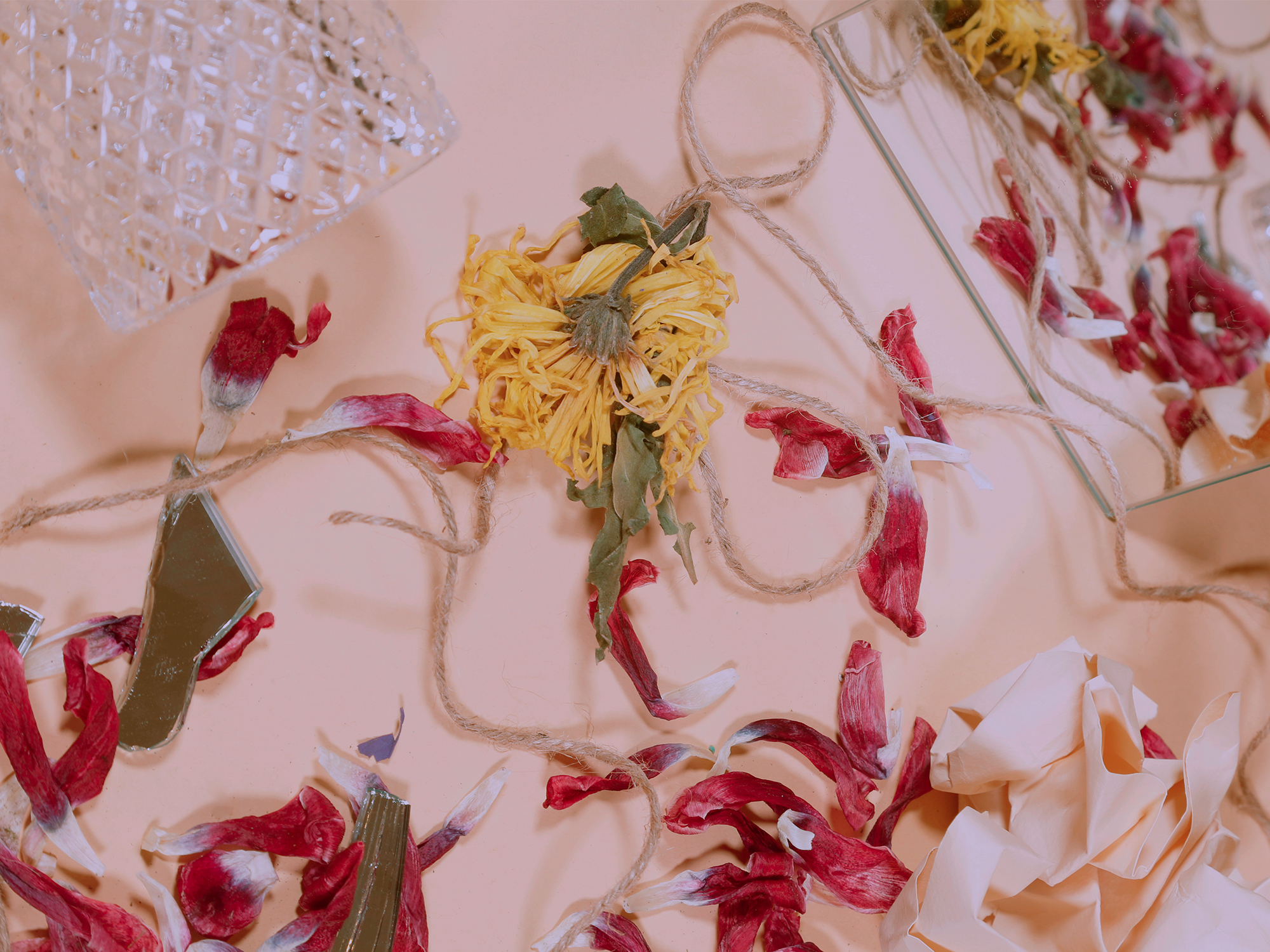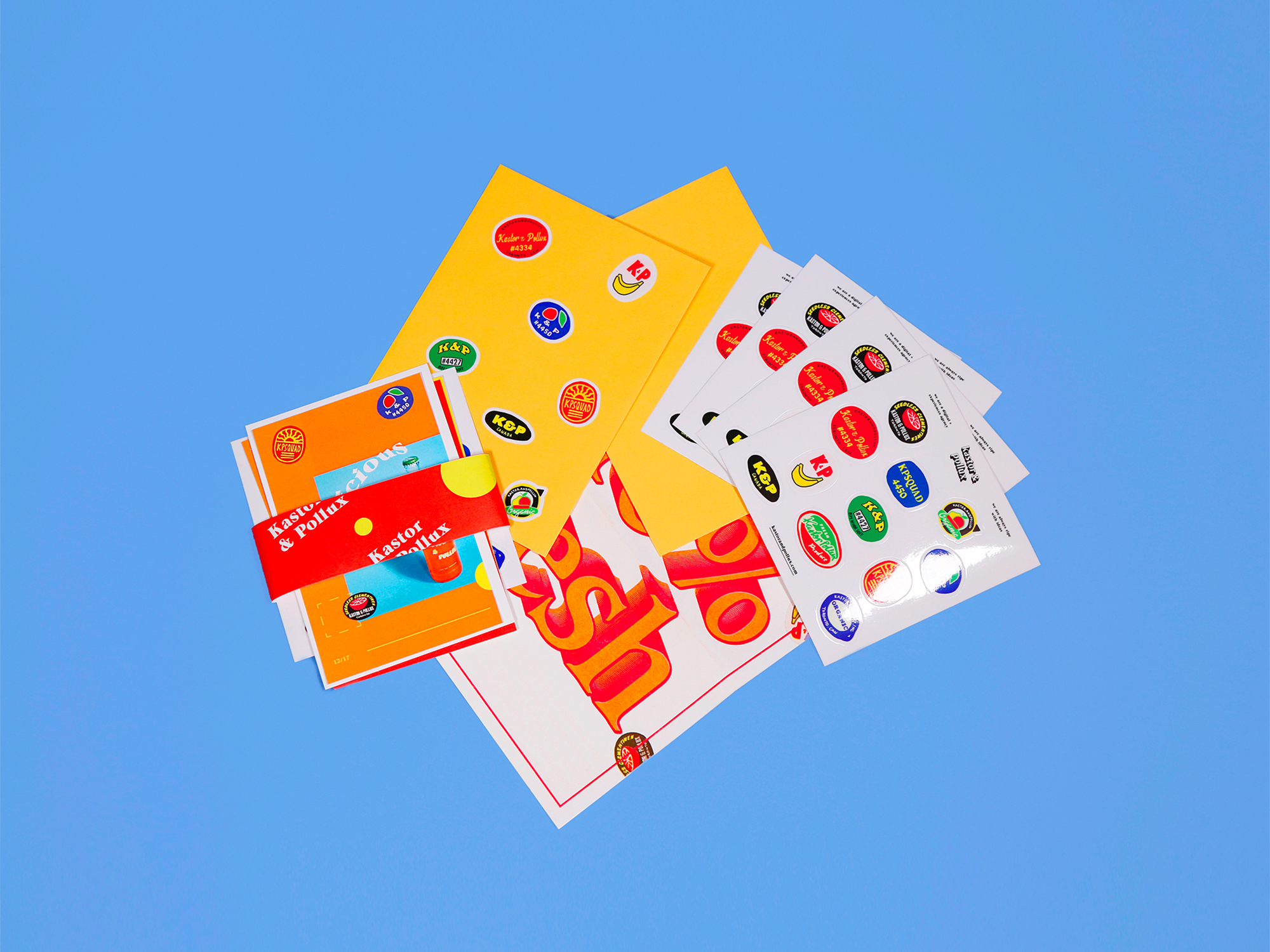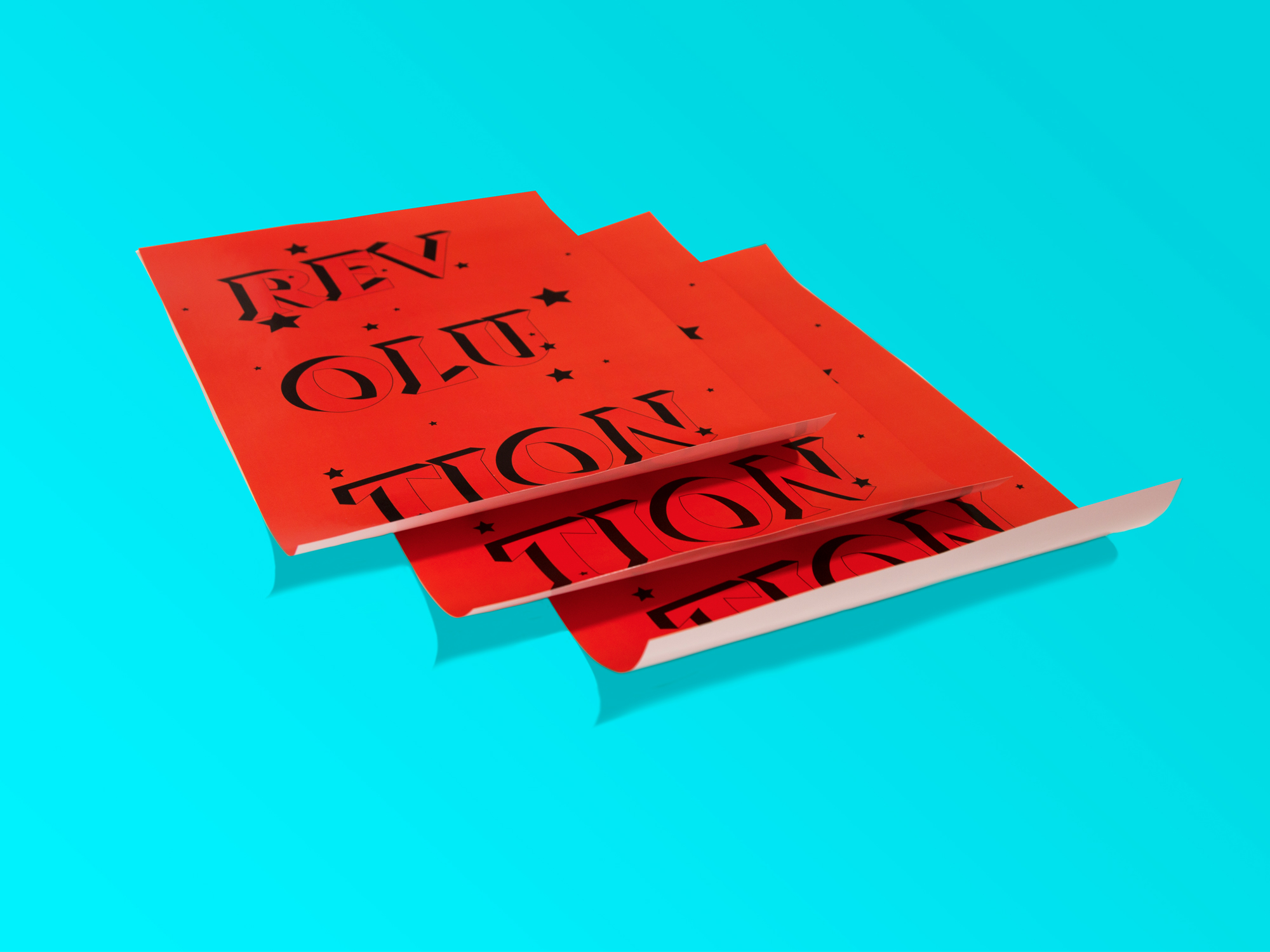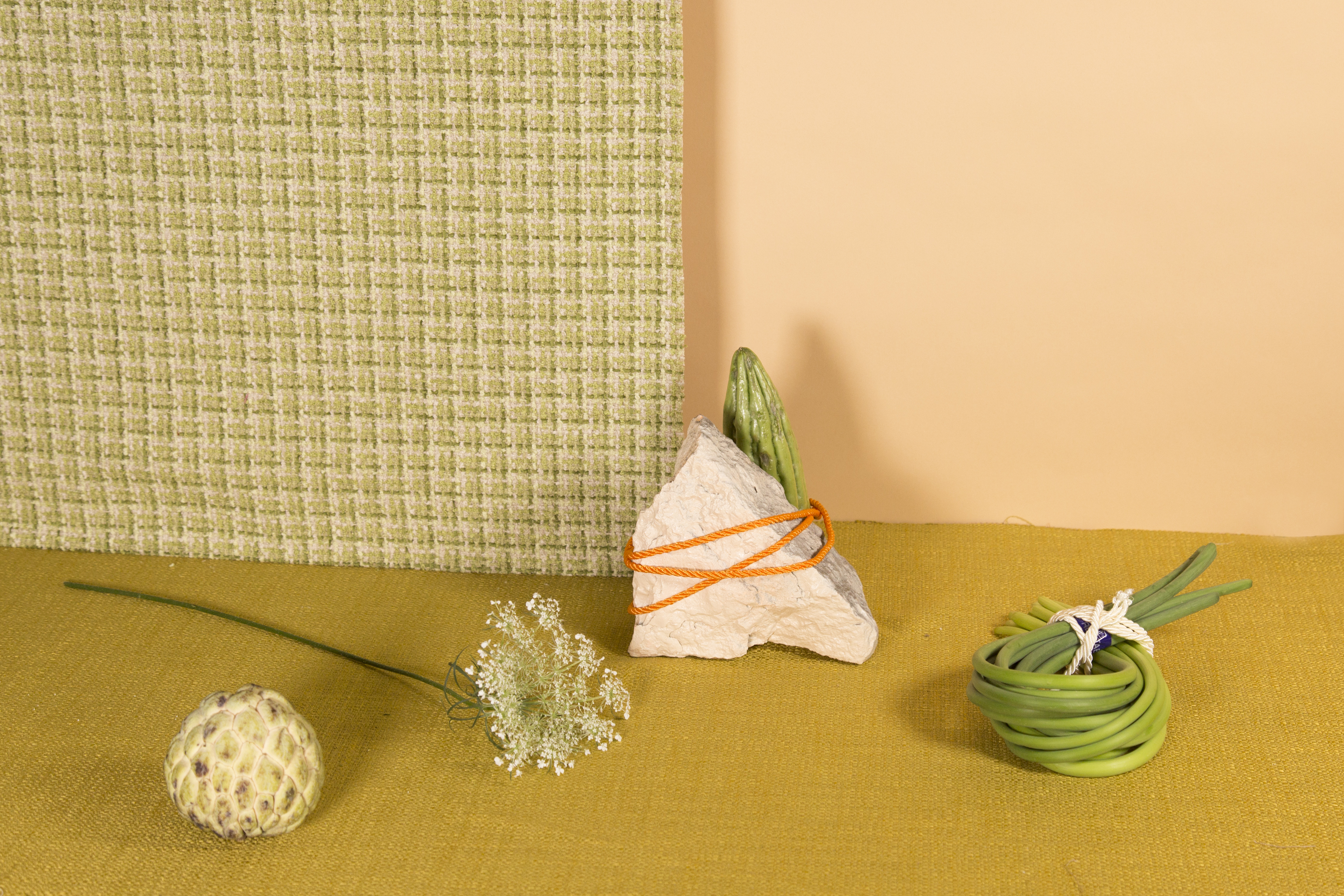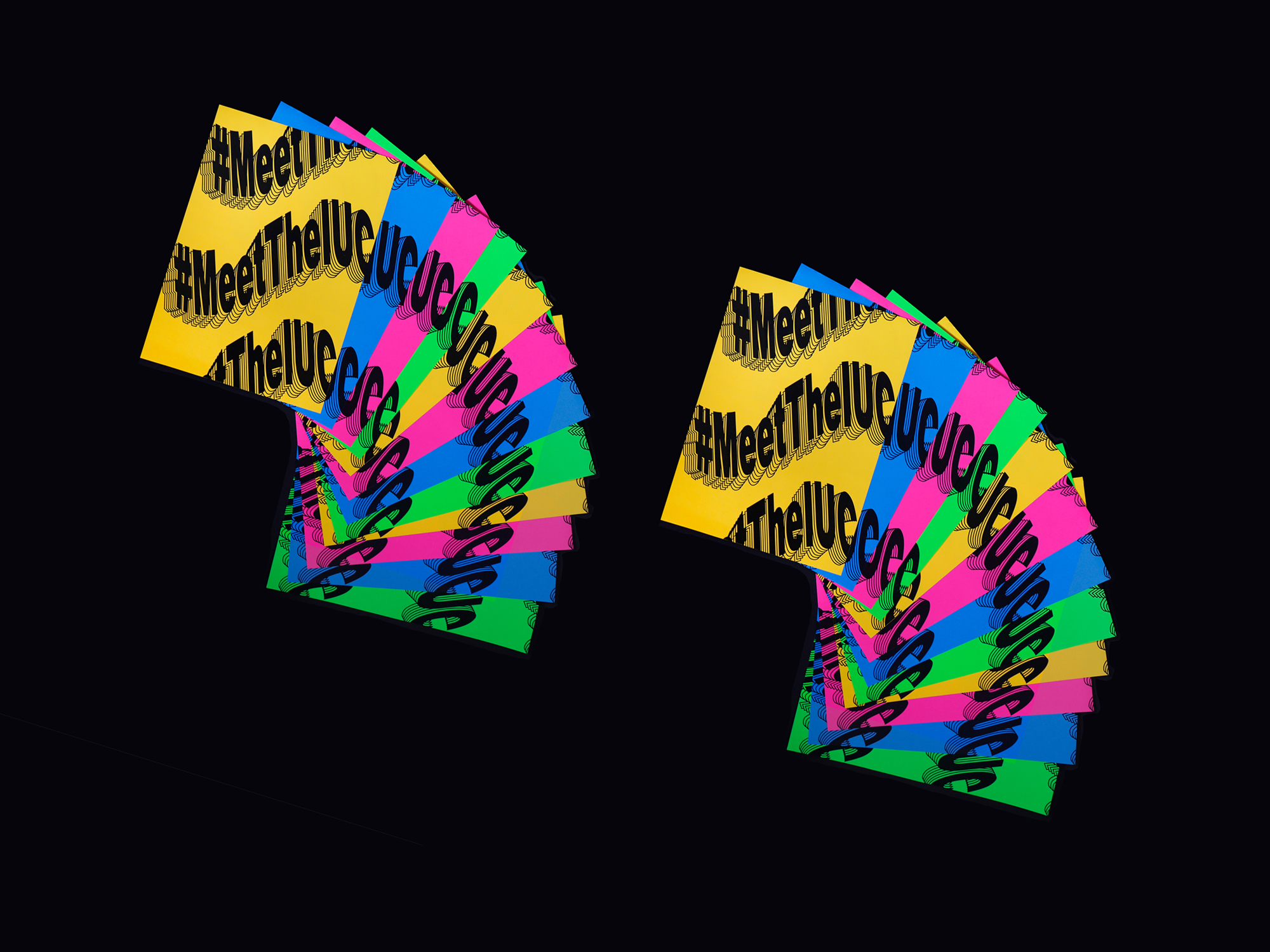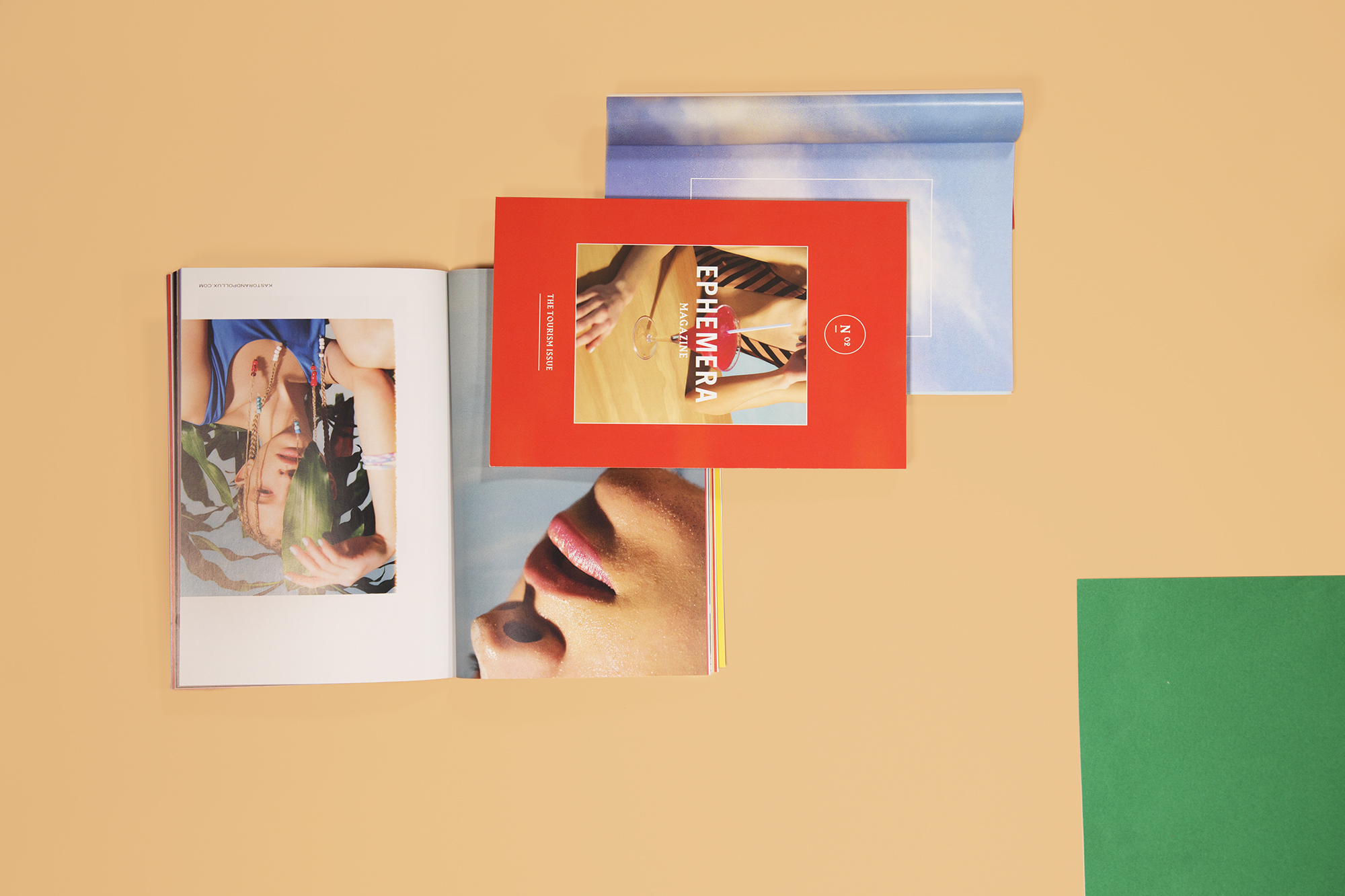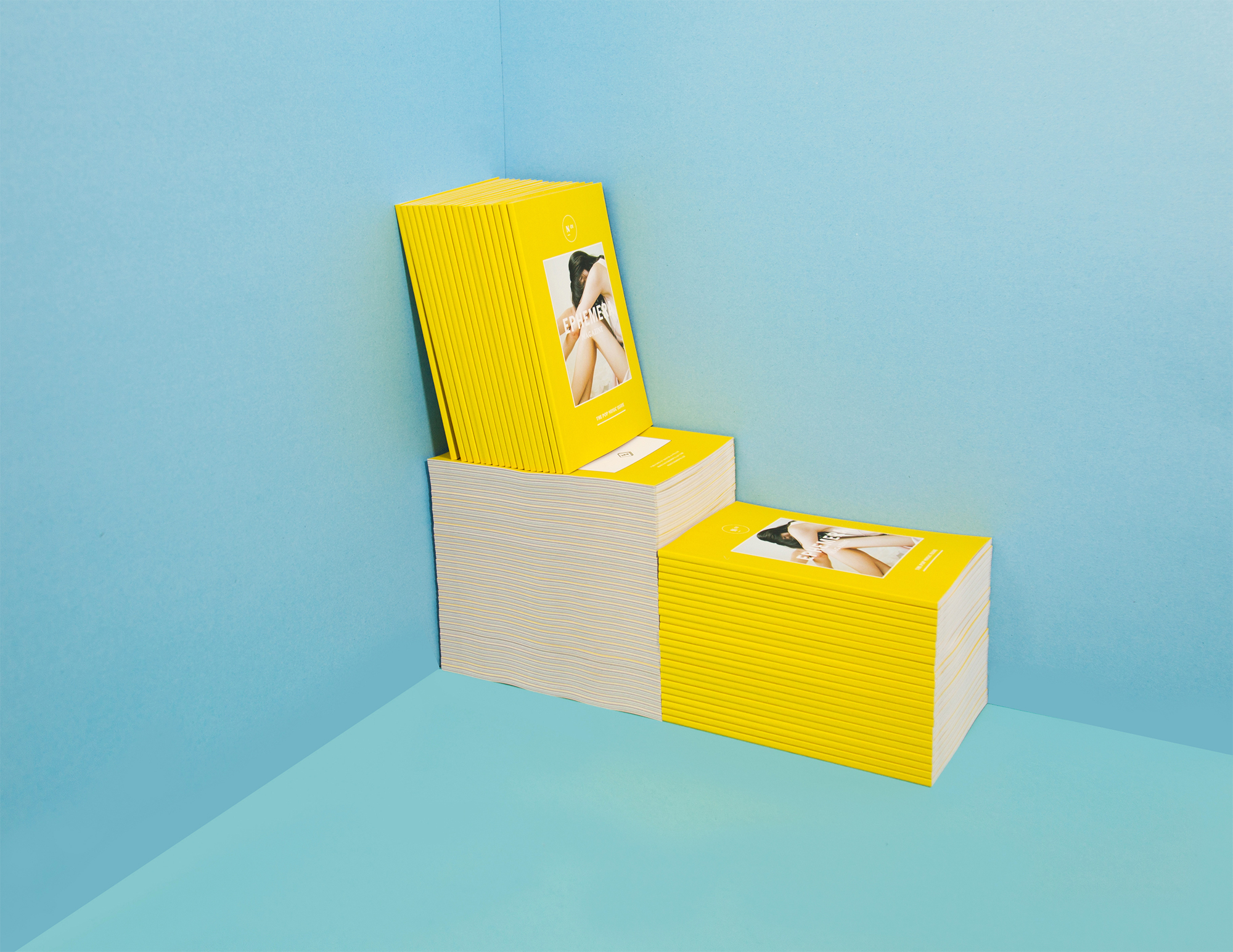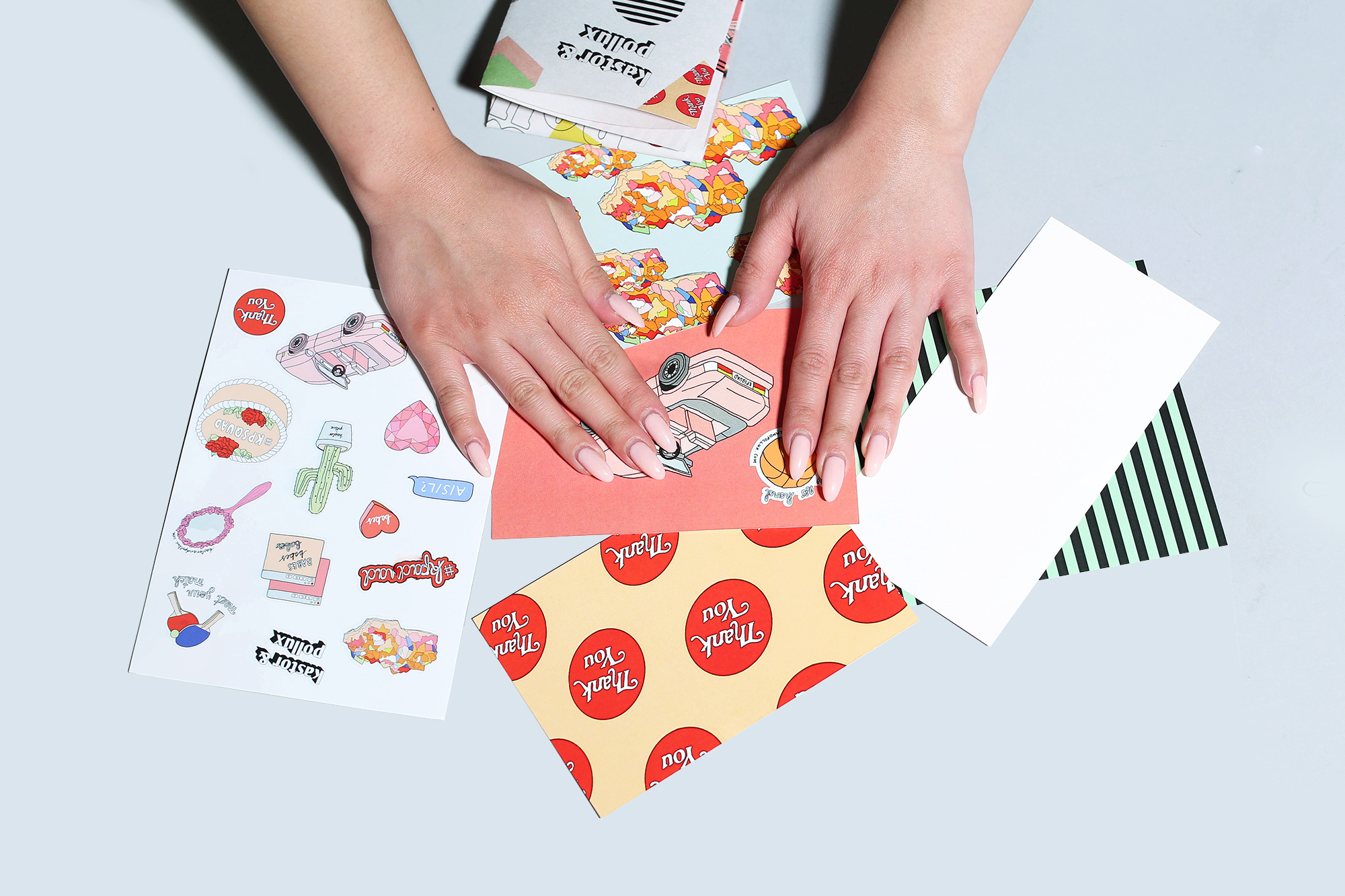Design
Book Report: The Year of Magical Thinking
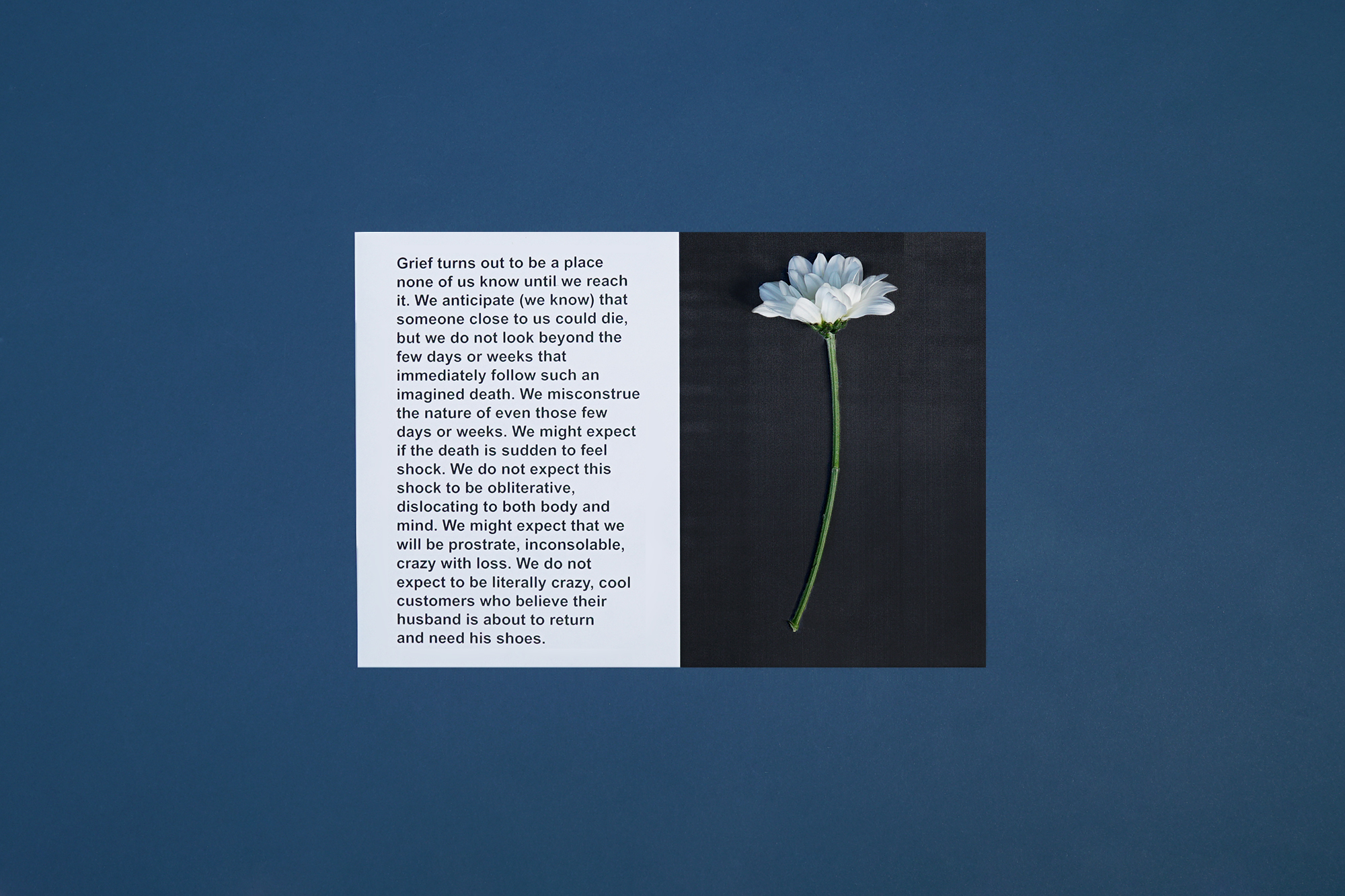
Joan Didion is a literary celebrity. Almost reaching Kurt Cobain t-shirt real estate heights, the 82 year-old author was featured in a 2015 Celine ad campaign, not to mention her name is synonymous with “cool girl lit”. Didion’s resume includes writing for Vogue and over fifteen successful books, but I probably didn’t have to tell you that. I picked up “A Year of Magical Thinking” because I felt I had to. You know those books that you feel like you need to read? The Great Gatsby or Little Women (pushed on to me very eagerly by my mother, but still exists unopened in my basement)? A lot of the times, these required reads are beyond lack lustre. I quit half way, dumping the teepee’d book on my lap, hands in the air questioning, “What’s the deal with Jane Austen?” in a whiny, poor attempt at a Jerry Seinfeld impression.
The Year of Magical Thinking was not worthy of a Seinfeld-esque complain bit. The Year of Magical Thinking was profoundly sad and definitely forced me to think about my own mortality- a very cool, 22 year old thing to do!

The book is about Didion dealing with the death of her husband, John Dunne, who dies of a heart attack unexpectedly one night during dinner. The same year, she deals with the illnesses of her daughter, Quintana. Didion’s journey of grief and guilt for Dunne’s death consumes her. She begins trying to figure out why she feels insane, versus what she is supposed to feel according to all familiar books on grief. Didion deals with a hell of a lot more trauma than I hope I ever have to, but uses the familiar methods of coping. She uses books and quotes to compare and set a bar of what is healthy to think and feel. When struggling or confused, I look for media or content that I can relate to, seeking comfort in parallel situations. Either by recognizing the ridiculous-ness in contrast, or seeing your god damn reflection in a Master of None Season 2 scene- I’m able to process my issues and have something to compare my situation to.


When she shares this method of coping, I am immediately drawn into her story and want to read more. Didion deals with a flurry of more unfortunate events, but inspires me to constantly seek reflection in what I’m doing and why. This book inspired some magical thinking of my own.





